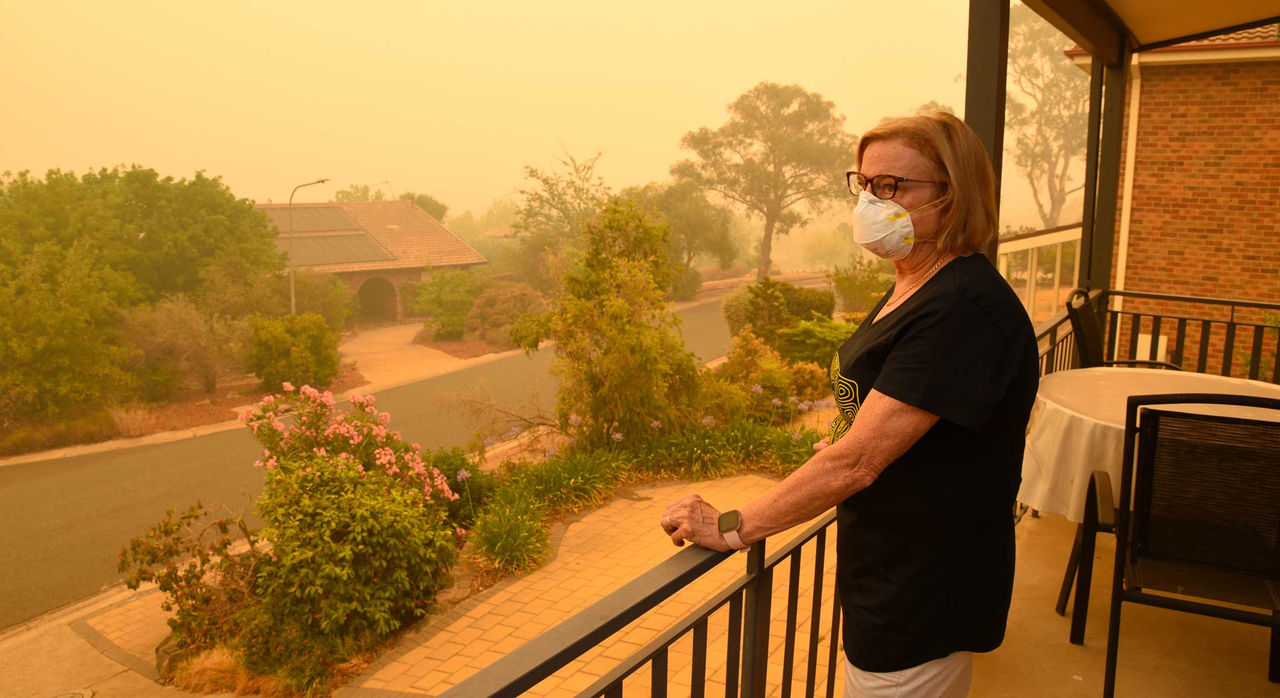-
- Find Care
-
- Visitor Information
- Find a Location
- Shuttles
- Visitor Policies
-
-
-
- Our Virtual Care Options
- Virtual Urgent Care
- Virtual Visits for Primary & Specialty Care
- Online Second Opinions
- Participate in Research
-
- Contact us
-
- For Innovators
- Commercialization Guide for Innovators
-
-
- Research News
- Alzheimer's Disease
- Artificial Intelligence
-
- Overview
-
- Overview
- Getting Started
- New to Mass General Brigham
- International Patient Services
- What Is Patient Gateway?
- Planning Your Visit
- Find a Doctor (opens link in new tab)
- Appointments
- Patient Resources
- Health & Wellness
- Flu, COVID-19, & RSV
- Billing & Insurance
- Financial Assistance
- Medicare and MassHealth ACOs
- Participate in Research
- Educational Resources
- Visitor Information
- Find a Location
- Shuttles
- Visitor Policies
- Find Care
-
- Overview
- Our Virtual Care Options
- Virtual Urgent Care
- Virtual Visits for Primary & Specialty Care
- Online Second Opinions
-
- Overview
- Participate in Research
-
- Overview
- About Innovation
- About
- Team
- News
- For Industry
- Venture Capital and Investments
- World Medical Innovation Forum (opens link in new tab)
- Featured Licensing Opportunities
- For Innovators
- Commercialization Guide for Innovators
- Contact us
-
- Overview
- Information for Researchers
- Compliance Office
- Research Cores
- Clinical Trials
- Advisory Services
- Featured Research
- Two Centuries of Breakthroughs
- Advances in Motion (opens link in new tab)
- Brigham on a Mission (opens link in new tab)
- Gene and Cell Therapy Institute
- Research News
- Alzheimer's Disease
- Artificial Intelligence
-
- Overview
-
- Overview
- Residency & fellowship programs
- Brigham and Women's Hospital
- Massachusetts General Hospital
- Mass Eye and Ear
- Newton-Wellesley Hospital
- Salem Hospital
- Integrated Mass General Brigham Programs
- Centers of Expertise
- Global & Community Health
- Health Policy & Management
- Healthcare Quality & Patient Safey
- Medical Education
- For trainees
- Prospective trainees
- Incoming trainees
- Current trainees
- Continuing Professional Development
What Are the Health Effects of Air Pollution?

Even if you can’t see it or smell it, air pollution may still damage your health. According to the World Health Organization (WHO), contamination in the air we breathe causes more than 6.7 million premature deaths per year.
“Air pollution seems to have the potential to affect almost every system in the human body. Particles enter your body through your lungs and make their way into your bloodstream. Wherever those particles go in a high concentration, they cause inflammation and cell and tissue damage that can result in disease,” says Michael Osborne, MD, a Mass General Brigham cardiologist and associate director of Nuclear Cardiology at Massachusetts General Hospital.
Many people associate air pollution with lung cancer and other respiratory illnesses. But it is also responsible for more cardiovascular disease than well-recognized risk factors like diabetes, smoking, and obesity, Dr. Osborne adds.
Understanding how air pollution affects your health can help you protect yourself.
Understanding air pollution
The WHO defines air pollution as “contamination of the indoor or outdoor environment by any chemical, physical, or biological agent that modifies the natural characteristics of the atmosphere.” This contamination may involve gases or inhalable particles.
Some of the most common causes of air pollution are:
Combustion devices, which burn fuels for heating, cooking, or other purposes
Motor vehicles such as cars, buses, and airplanes
Indoor contaminants, such as chemicals and smoking
Industrial facilities
Forest fires
Levels of pollution vary, depending on the activity causing the pollution, the green space nearby, the air temperature, and other factors. Areas with a lot of industrial activity, dense population, or heavy transportation (highways and airports) tend to have higher levels of pollution.
Government and environmental organizations often try to set standards for pollution levels considered unsafe. Those thresholds have trended downward over time as we’ve learned more about pollution’s adverse effects. However, 99% of people worldwide still live in areas where air pollution is higher than WHO guidelines.
“Research suggests that health consequences of air pollution exposure occur at levels that are far lower than the threshold set by these organizations,” Dr. Osborne says. “So it doesn't really seem like there is a truly safe level.”
Effects of noise pollution on human health
Dr. Osborne considers noise pollution a type of environmental pollution, and it can affect your health in similar ways.
“Noise pollution is a common stressor. It commonly coexists with other environmental pollutants, in areas around industrialization and urban activity,” he says.
Examples include:
Cars
Trucks
Trains
Airplanes
Construction
Loud work environments
Dr. Osborne’s research demonstrates the health effects of noise pollution. It also causes inflammation in the human body and is a risk factor for cardiovascular disease. Combined increases in air pollution and noise pollution have an additive effect, greatly increasing the progression of cardiovascular disease, he adds.
Health problems caused by air pollution
Dr. Osborne advises that air pollution can lead to health problems, particularly cardiovascular disease. It causes systemic inflammation, which can lead to plaque buildup and blood clots in the arteries. Plaque and blood clots can, in turn, lead to high blood pressure, heart attack, heart failure, and stroke.
One of his recent studies compared data from pollution monitors and the incidence of cardiovascular disease events. The analysis found that people living in areas with higher pollution have more inflammation in their arteries and more cardiovascular events.
Pollution also is linked with:
Diabetes
Lung diseases such as chronic obstructive pulmonary disease (COPD) and asthma
Minimizing air pollution health effects
To lessen the effects of pollution on health, Dr. Osborne recommends the following strategies:
Check the Air Quality Index regularly. The Air Quality Index is a numbered and color-coded scale that runs from 0–100. It considers things such as ground-level ozone, particles in the air, carbon monoxide, sulfur dioxide, and nitrogen dioxide. Low scores (1–100) indicate good to moderate air quality, and high scores (101–500) indicate unhealthy to hazardous levels of pollution. Visit AirNow.gov and enter your zip code. The site will generate an easy-to-read graphic about current and predicted air quality.
Take activities indoors. When air quality is poor, close the windows and choose to do activities inside, particularly exercise.
Install a filter. Upgrade the filtration in your heating, ventilation, and air conditioning system (HVAC), and change the filter regularly.
Responsibly extinguish fires. Prevent wildfires by completely extinguishing campfires and other flames.
Talk to your doctor if you already have heart or lung conditions. They can help you understand what air quality is safe for you and what’s not.
Wear a mask. You may consider wearing a mask when the air quality index is greater than 101, or if you have a heart or lung condition. An N95 mask is best for filtering fine particles.
“People may assume they’re not being exposed if they can’t see it or smell it. But that’s simply not true,” he says. “We need to be thinking about strategies to reduce the production of air pollution. It’s going to take ongoing technological advances as well as regulations to avoid the release of these particles as much as we can.”
